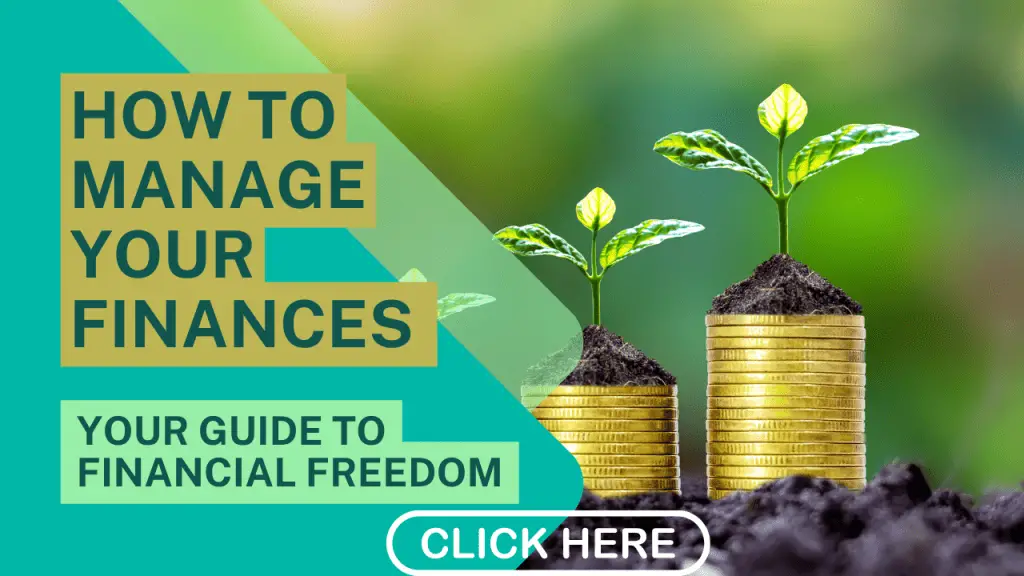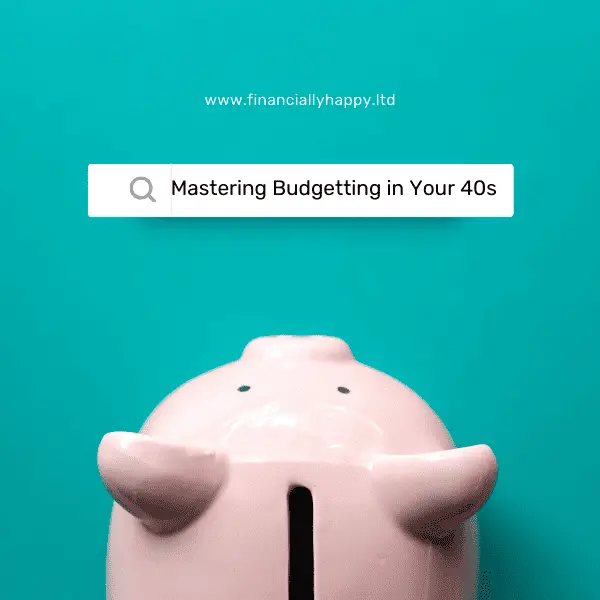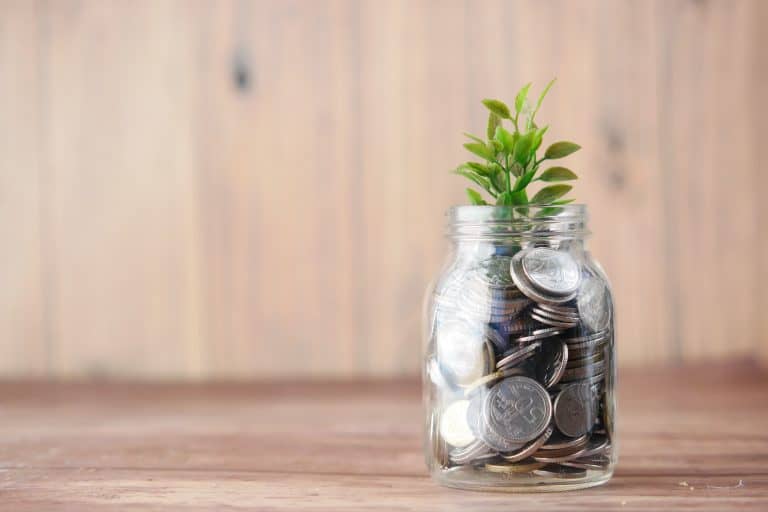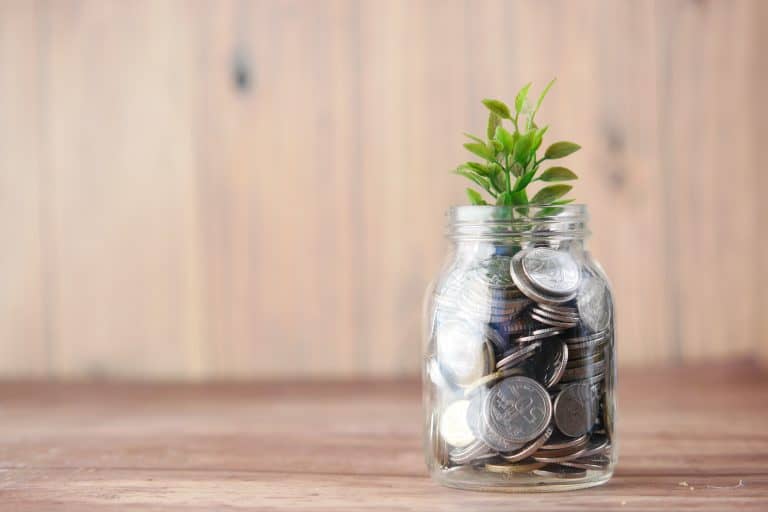What to do with extra money each month? 11 ways to make your spare cash count
What to do with extra money each month?
So, you have a nice problem.
At the end of each month, you have money to spare.
That’s great; it means you can now use that money for short-, medium-, and important long-term things.
Figuring out how to use spare cash might be the difference between becoming financially free or just collecting a lot of stuff you can’t remember buying or why. Using your money to create more money and free up your time is the best use of your extra money.
Read on to hear what is the best thing to do with extra money each month.
Using your spare money wisely will help increase your net worth and your life’s worth.
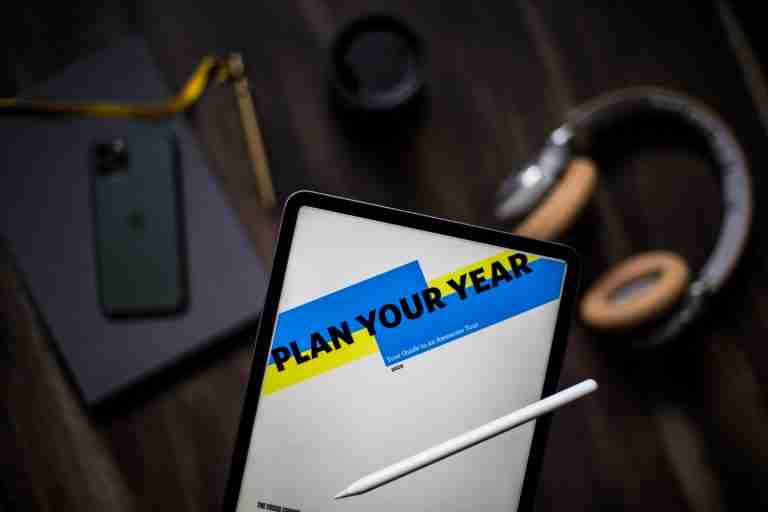
You need some goals
Let’s get you heading in the right direction first.
What is it that you really want, really really want?
If you don’t know this, then your money will probably drift away from you on……. stuff.
Having a goal will help pull or push your focus, energy and money in that direction.
Let’s make sure your goals build you a brighter future in every area of your life.
Are there things you would like to achieve across the many areas of your life?
- Physical – vibrant health and wellbeing
- Social – friends, family and love life
- Material – financial freedom
- Spiritual – purposeful living
- Mental – achieving authentic happiness.
- Emotional – feeling alive and fantastic.
Could you use your extra money to build towards these goals?
Protect yourself from disaster
Building a solid financial foundation is one of the first things to consider with your spare money.
Something that no job loss, unexpected bill or change of plans can significantly impact on.
For this, you need a well-stocked emergency fund that can help you ride out any storms.
This may be something like 3-6 months or more of living expenses. You can decide on the exact amount given your situation, job security or likely emergencies you might incur, i.e. you need a car to get to work, so you will need at least enough to fix or replace that car.
You might need to live through a global pandemic (yeah, right!) so have a financial cushion to make this a problem and not a crisis.
Your emergency fund is an emergency – remember it’s when you will need it, not if.
Protecting yourself from disaster with your spare cash through insurance might also be a good idea.
Depending on your circumstances, life, critical illness, or income protection might also be worth considering as part of your financial moat.
Increase your health and fitness
Health and fitness (six-pack abbs anyone?) are going to go a long way to increasing your ability to earn and enjoy your money and life a lot better.
Investing in your health through exercise and a healthy diet may well have the most significant dividend on your extra money.
Would you believe it? Sometimes the food that is bad for you is cheaper than food that is good for you?!?!?
With that extra money, you could transform little by little your diet and start to have the energy you wished you had.
You could join a gym, get some kit or a coach to get you into the shape you have always wanted. What sort of life knock-on effects might getting fit have for you?
Find a hobby
Using your extra money to find, try or specialise in a hobby or interest might well bring you several benefits beyond the obvious.
It might well give you the exercise you need, intellectual or social interaction you would like.
- Always wanted to play the Ukulele?
- Play chess like a grandmaster?
- Get some belts in Krav Maga?
With a bit of extra cash, you could put some of this to growing your hobbies and interests.
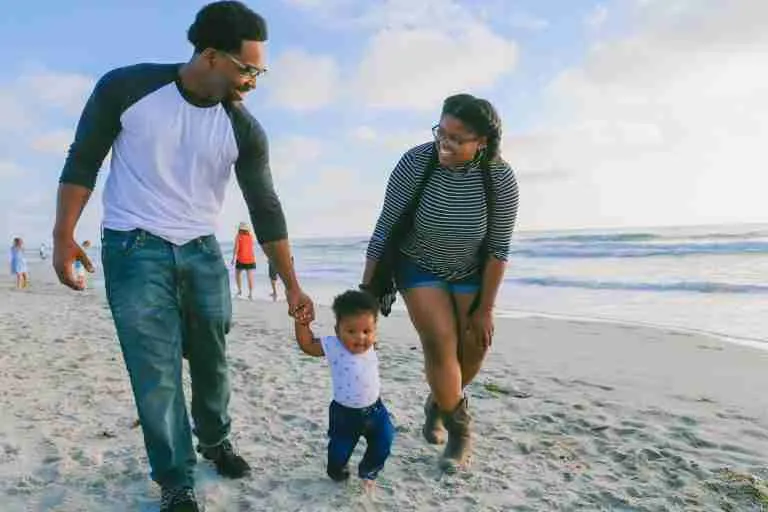
Spend more time with friends and family
Extra money can buy you more freedom and time to spend with friends and families.
You could use the extra money to create more freedom.
It might well take time, but the more savings and investments you have, the more options you have to take time off work, work part-time, or pay for things you have always wanted to do with others.
Having the time and space might be all you need to spend quality time with people as there are many things you can do that don’t cost money.
Nights out or in, days out or in, free days, afternoons, long weekends and holidays without the worry of money or getting back to work are all going to help to increase your families quality of life.
More romance (please)
With some extra cash, you could treat the one you love to nights out, at the theatre, cinema or couples experiences like off-road driving lessons.
Think of the memories these types of things will create rather than just another Deliveroo.
Dates don’t need to be expensive; the idea is not to burn through your money in another way but make sure you get the best return on your investment in your relationship.
Grow your net worth
Ok, finally we’re talking about money! I thought that’s what the extra money was for.
Pay off debt.
One thing you can do with money is increase your net worth by paying off debt or investing in wealth-generating assets.
It may be that paying off your high-interest debt is going to be the best use of your extra money.
If you have high-interest debt like credit or store cards, this will be like walking through treacle. Unless you tackle it head-on, it will drag on and cost you more and more for stuff going down in value.
- You could try the debt snowball – paying off the smallest debt and then moving to the nest and so on
Or
- You could use the debt avalanche method – paying off the most significant or most expensive first, then moving to the next, and so on.
If you are in a debt crisis, you may need specialist help from organisations like these below.
- Christians against poverty
- Step change Free expert debt advice
- Money advice service
Save more of it.
You could continue to save the money in cash if you think or know of something you want to spend it on in the near future.
Work or life-related costs you can see coming in the near future can be easily dealt with with a decent stash of cash.
Growing your rainy-day fund is a perfectly reasonable thing to do. Don’t worry; the rain will come one day.
Just be careful that too much cash may eventually be a drag on your financial growth, more on that below.
Invest it
Investing your money in the great companies of the world and or properties has been a longstanding way to increase your net worth.
Investing in things that provide an income and go up in value over the long term is an excellent use of extra cash.
Property can be a good way to create income while you sleep but does come with some management hassles around maintenance and tenants.
Investing in low cost, globally diversified index funds can be a way to increase your wealth over the long time with little effort.
You just have to manage your behaviour.
- Keep investing – think long term!
- Understand the difference between an asset and a liability
- Manage your expectations of returns – if it sounds too good to be true….?
- Understand what risk is to you – it’s likely inflation will be one of your most significant risks – not the ups and downs of the markets on a day to day basis.
- Manage your emotions in the highs and lows of the markets. Get greedy or panic, and you are likely to be your biggest risk.
- Think long term (again)
Keeping your money in cash is highly unlikely to make you any money or even come close to keeping up with inflation. Remember, your money is losing value all the time.

Start a business or make a career pivot
If you have a little extra cash, you could get yourself a website and start selling your stuff, someone else stuff or your knowledge and experience.
Buy a camera or use your phone to make YouTube videos and start earning advertising or affiliate money.
If your plans are a little bigger, you could use the extra money to buy stock, rent a space or make a product to sell.
With some extra cash, trialling a side hustle can be much less risky. If it’s not all or nothing and you have the money to get things started without needing income straight away, it will give you time to learn and adapt your offer.
If you have a cash buffer, you could make a career pivot into something less well paid or part-time work because you have the funds behind you to smooth out any rough patches.
Develop your knowledge, skills and mindset
One of the best investments you can make is in yourself.
Growing your skills, experience, and mindset my by the keys to achieving more of what’s meaningful to you and making you more money if that’s what you want.
Extra cash can make taking courses, coaching or buying books a lot easier. It can help you pay for the course and or take time off work to complete them.
Some courses, training or retraining can be expensive, but that training does stay with you for life. It’s likely to be more impactful and long-lasting than just more stuff that will likely be out of date next season or year.
Reading personal development books or taking coaching courses can also help free up some of your self-limiting beliefs, give you the knowledge you need to make transformational change in your life.
Working on your mindset might be the biggest change; you need to see things differently and makes moves in new directions.
Don’t worry; it doesn’t have to get to woo woo, but developing yourself might unlock lots of new possibilities.
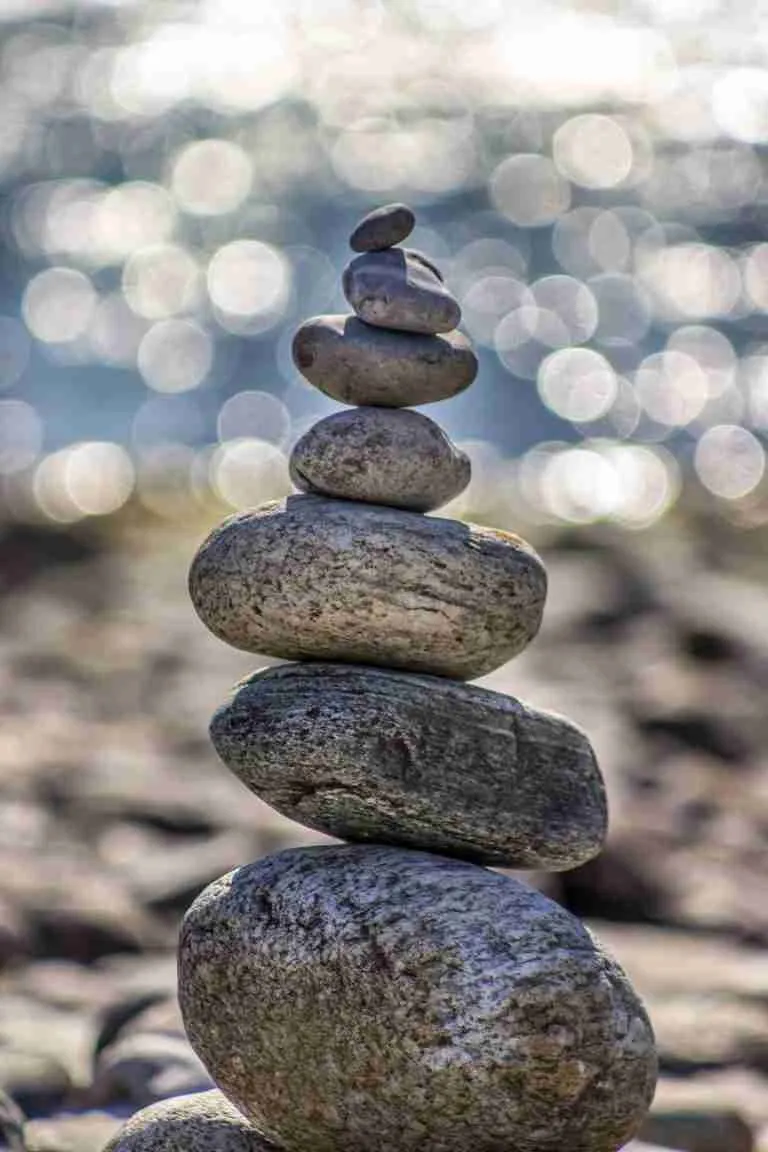
Spiritual goals
Some extra cash might help create the time or space for a quiet reflection.
The ability to slow down, be in the moment and concentrate on your wellbeing might well add quality years to your life.
Working on the stress in your life, worries and anxieties with reflection time might be an excellent investment of your time and money.
It may or may not be connected to faith or belief in something or someone, but it will be about reconnecting with what is most important to you.
Figuring out how to lead a meaningful life, having a positive impact on those around you and the world at large, is bound to affect your overall wellbeing and quality of life positively.
Stay away from stuffocation
I don’t have a problem; I just want MORE.
If you have ever thought this might mean that you will need to work forever – that’s not bad if you love your job, are good at it, get paid, and the world needs it, but if not, that’s going to suck.
The less stuff you need, the more of YOUR money you get to keep.
The more of YOUR money you keep, the more options you are likely to have.
Options such as
- Making work optional
- Getting fit and healthy
- More time with friends and family
- Trying the things, you have always wanted to do.
- Start a business, change career or work part-time.
- Take that course or finish that qualification.
Summary Table: What should I do with extra money?
| Key Points | Description |
|---|---|
| Set Goals | Understand what you really want in life across various areas like health, social life, and material wealth. Goals guide your spending. |
| Emergency Fund | Build a well-stocked emergency fund to protect yourself from unexpected financial setbacks. |
| Insurance | Consider life, critical illness, or income protection insurance as part of your financial safety net. |
| Health & Fitness | Invest in your health through exercise and a balanced diet. |
| Hobbies | Use extra money to explore new hobbies or interests that can enrich your life. |
| Family Time | Extra money can buy you more freedom and time to spend with friends and family. |
| Romance | Treat your loved one to special experiences rather than material things. |
| Debt Repayment | Use extra money to pay off high-interest debts to increase your net worth. |
| Investing | Invest in low-cost, globally diversified index funds or property to grow your wealth. |
| Career Pivot or Side Hustle | Use extra money to explore new career paths or start a side business. |
| Self-Development | Invest in courses, books, or coaching to improve your skills and mindset. |
| Spiritual Goals | Use extra money for activities that help you connect with yourself and the world. |
FAQ: What to do with spare money?
What can I do with leftover money each month?
Spend it, save it, invest it or give it away (some or all of these may also involve wasting it)
What to do with an extra $1000 a month?
Save it, spend it, give it away or invest it.
What can I do with excess money UK?
Plan to use it to achieve more of what’s important to you
Get out of debt.
Build an emergency fund.
Start building a freedom fund.
Invest in yourself.
How much money should I have leftover each month?
As much as possible. If you can feel it, you’re probably getting close to enough.
Pay yourself first – without this, you will need to work FOREVER
The more you have leftover, the closer you can start getting to financial freedom. The less you have leftover, the closer you are likely to a financial crisis if/when something goes wrong.
How much money should I have leftover after bills each month?
As much as you can and keep growing it as much as you can (of course depends heavily on what you are trying to achieve and when you want to achieve it).
What to achieve big things = start planning for your goals, determine the necessary actions, determine the money you need and what the gap is, and execute your GAME PLAN.
Where to put extra cash?
If you have extra cash a few good places to put this might be:
In an emergency fund.
In short term, high savings account with easy access.
Investing it in the great companies of the world through low-cost index funds.
In a pension for a long term or retirement savings.
In paying off a high-interest debt you have
In starting your own business
Investing in yourself to improve your skills and experience.
What to do with extra cash?
Here are a few ideas for what to do with spare cash. Invest it, save it in a high-interest account, or use it to pay off high-interest debt. Spend it on amazing experiences with great friends. Consider your financial goals to make the best choice.
What can I do with an extra $1000 a month?
With an extra $1,000 a month, consider dividing it among savings, investments, and debt repayment. You could boost your emergency fund, invest in a diversified portfolio, or accelerate payments on high-interest debts. A portion could also go towards personal development or charitable giving.
What should I do with all my extra money?
With extra money, consider building an emergency fund, investing in assets like stocks or property, and paying off high-interest debts. Diversify to maximise financial growth and security.
What can I do with leftover money after bills?
Here’s what to do with spare money after bills, consider saving for an emergency fund, investing for long-term growth, or paying off existing debts to improve financial health.
Summary: What to do with extra money each month?
Make your money count towards what you really want and not just more stuff.
You can use your money to create more freedom, freedom to do more or less of what you do and don’t want to do.
The extra money you are saving can be used to create more time, money or options in your life.
Use your money to increase not only your net worth but also your life’s worth.
You can increase your financial net worth by
- Paying off debt
- Saving
- Investing
You can increase your life’s worth as well as your net worth also by;
- Getting fit, eating, exercising and drinking the right way may significantly affect your life quality and longevity.
- Develop or try out new hobbies or pursuits to learn new skills and make new friends – yes, even after 40, it’s possible to make new friends (so I hear).
- Spend quality time with friends and families, holidays, nights out or in, walks in the park, games on the living room floor. Create long-lasting memories.
- Creating space for more intimate relationships
- Start a business or change your career. With a bit of cash safety, next, you could get some training and start a side hustle or change your job without fear of having less money. Making that change to do something you are good at, love, get paid for, and the world needs.
- Develop your knowledge, skills and mindset – this could be through books, courses or coaching, helping you develop valuable, marketable knowledge, skills and mindset to keep you going when the going gets tough.
- Spiritual – connect with yourself and the world around you in a more meaningful way. It might mean trying to slow things down, disconnect from Wi-Fi and fully concentrating on what you are doing in the moment.
If you’ve made it this far, congratulations! You’re already taking steps towards a healthier financial future. But maybe you’re feeling a bit overwhelmed. Maybe the of budgeting, saving, and investing still makes you break out in a cold sweat. Don’t worry, you’re not alone, and help is available.
At Financially Happy Money Coaching, I understand money isn’t just about numbers. It’s about emotions, behaviours, and life choices. That’s why we’re here to help you take the stress out of money and build wealth that aligns with your values and lifestyle.
Whether you’re just starting out on your financial journey or you’re looking to take your finances to the next level, we’re here to guide you every step of the way. I’ll help you understand your financial behaviours, set realistic goals, and create a personalized plan to achieve those goals.
So, why wait? Start your journey towards financial happiness today. Remember, the best time to start was yesterday. The second best time is now.
Click here to schedule your consultation and let’s make your money work for you, not vice versa. 💪💰
Remember, financial freedom isn’t a destination; it’s a journey. And every journey is easier when you have a guide. So, let’s embark on this journey together and create a financially happy future. 🚀💸
📚 Financial Freedom Resources
- The Ultimate Guide To Building Your Savings to $100,000! 📘 is a transformative book that equips readers with principles, strategies, and the mindset 🧠 needed to reach a $100,000 savings goal 💰. It’s a journey towards financial freedom 🚀, challenging beliefs 🤔, embracing new habits 🔄, and overcoming obstacles 💪.
- How to Manage Your Finances: Your Guide to Financial Freedom 📘 is a comprehensive resource packed with practical advice on budgeting 💰, investing 📈, reducing debt 💳, and building wealth 💎. It’s an essential guide for anyone, novice or experienced, aiming to take control of their financial future and achieve financial independence 🚀.
Remember, self-study is a powerful tool for life and financial transformation. Happy reading! 🎉

